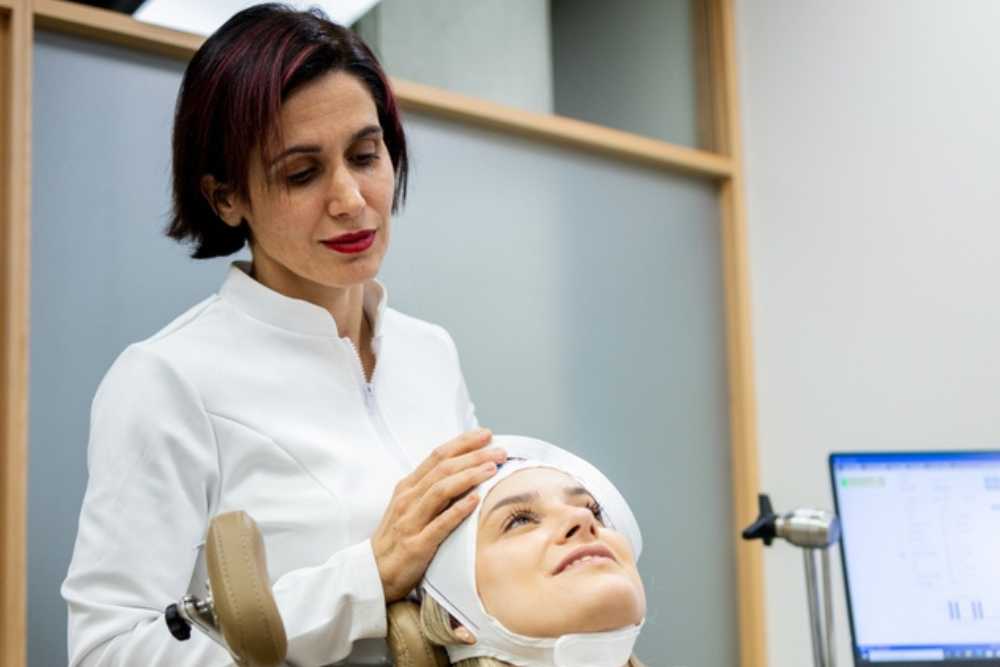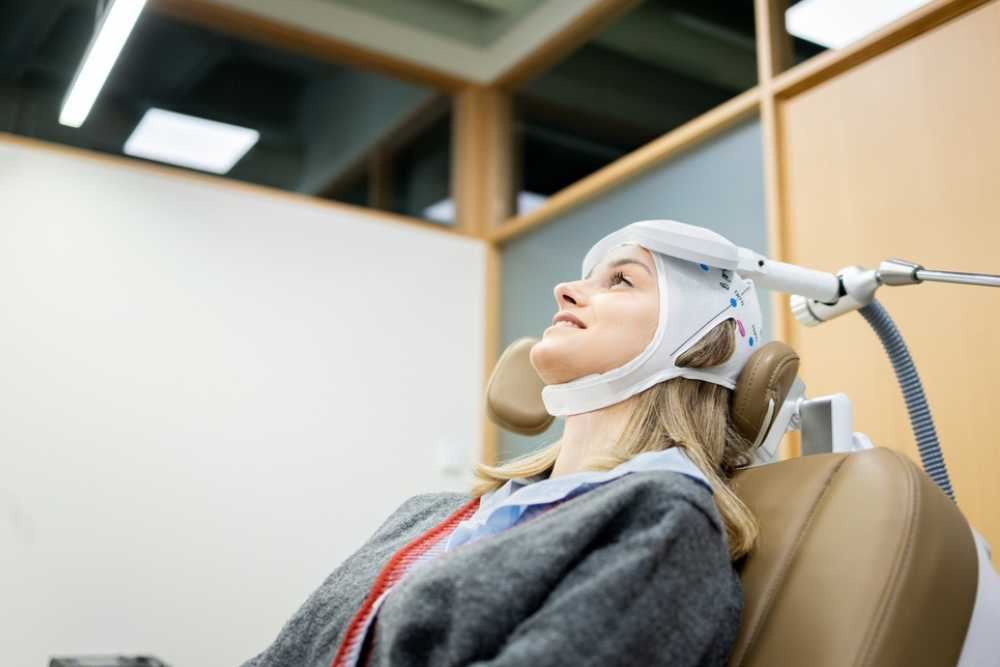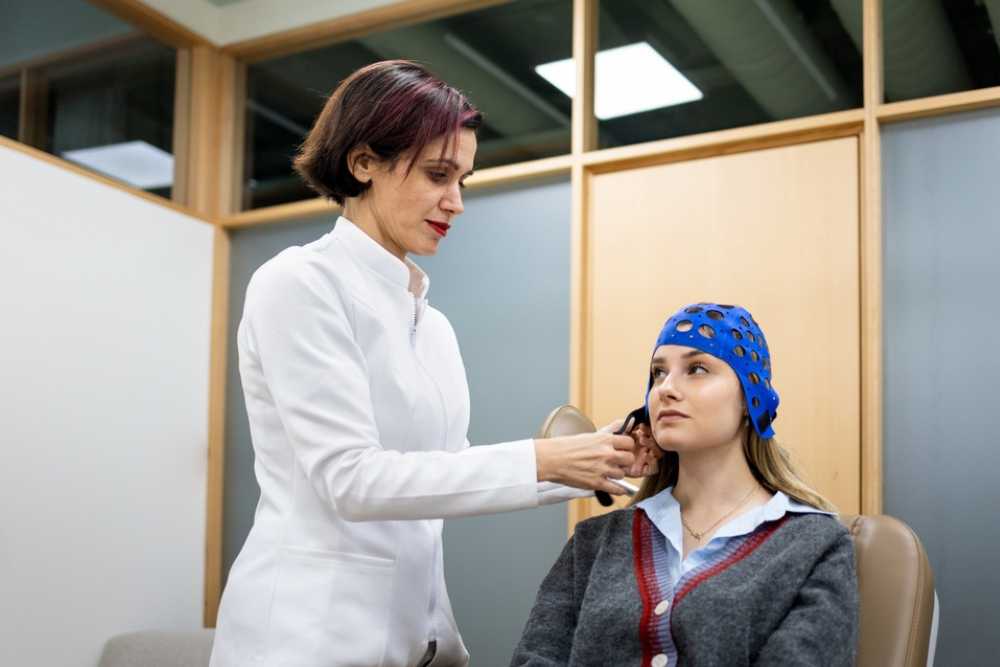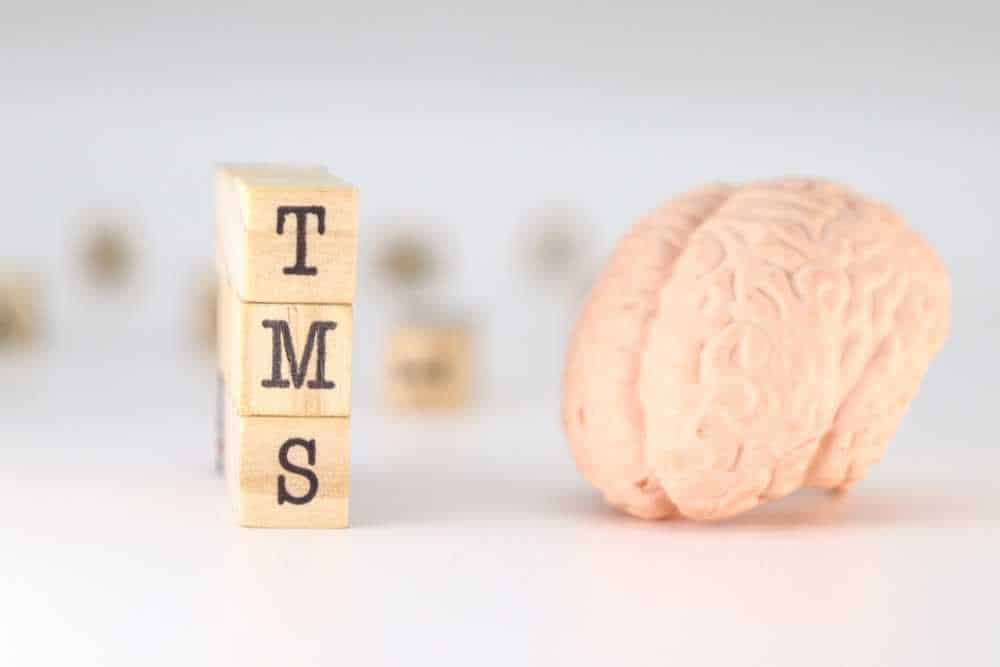We Accept Most PPO Insurance Policies
All calls and submitted forms are 100% confidential. Insurance could completely cover the cost of treatment




TMS (Transcranial Magnetic Stimulation) therapy has proven to be an effective mental health treatment, particularly for depression and certain other conditions. This outpatient mental health treatment uses magnetic fields to stimulate nerve cells in the brain that are involved in mood control. The evidence for effective TMS Irvine treatments is substantial, especially for treatment-resistant depression. Approximately 50% to 60% of people with depression who have tried and failed to receive benefits from medications experience a clinically meaningful response with TMS, according to Harvard Medical School.

TMS works by using powerful magnetic fields to stimulate specific regions of the brain that are involved in mood regulation and other mental health functions. The California mental health treatment program involves placing an electromagnetic coil against the scalp, typically over the left prefrontal cortex, which is an area of the brain that shows decreased activity in people with depression.
The magnetic coil generates brief, intense magnetic pulses that pass through the skull, creating small electrical currents in the targeted brain tissue. These magnetic pulses are similar in strength to those used in MRI machines but are focused and delivered in short bursts rather than continuously. The stimulation is painless for most patients, though some may experience mild discomfort or a tapping sensation on the scalp during treatment.
The therapeutic effects of TMS are believed to result from its ability to modulate neural activity and promote neuroplasticity, the brain’s capacity to form new neural connections and reorganize itself. When the magnetic pulses stimulate neurons in the targeted brain region, they can either increase or decrease neural activity depending on the frequency and pattern of stimulation used.
Throughout multiple treatment sessions, usually delivered daily for 4–6 weeks, these repeated magnetic stimulations can lead to lasting changes in brain function and connectivity. The treatment essentially helps reset dysfunctional neural circuits and restore more normal patterns of brain activity, which translates into improved mood and reduced symptoms of depression or other mental health conditions.
TMS therapy has evolved from primarily treating depression to addressing a growing range of mental health conditions during mental health treatment in Irvine. While its effectiveness varies across different disorders, research continues to expand on which conditions respond best to this innovative brain stimulation treatment. The known conditions include:

A typical TMS treatment course lasts 4–6 weeks (20–30 sessions) for standard depression treatment. TMS is unique in that it is typically administered in five sessions each week for six to seven weeks, with each session lasting between 20 and 40 minutes.
The standard treatment protocol involves daily sessions Monday through Friday, which means patients typically attend appointments five days per week throughout the course. This intensive schedule is necessary because the therapeutic effects of TMS build up gradually through repeated stimulation of the targeted brain regions. Each individual session is relatively brief, lasting anywhere from 20 to 40 minutes, depending on the specific treatment protocol and the condition being treated.
Most patients notice improvements in their symptoms around the third or fourth week of treatment, though some may experience benefits earlier or later in the course. The full treatment course must be completed even if patients start feeling better before the end, as this helps ensure the longest-lasting therapeutic effects.


TMS Irvine therapy is generally well-tolerated with a favorable safety profile compared to many other mental health treatments. While side effects can occur, they are typically mild and temporary, with most patients able to continue their normal activities immediately after each session. The primary side effects include:

TMS Irvine therapy offers numerous benefits as a mental health treatment option, making it an attractive alternative for patients who haven’t found success with traditional approaches. The procedure is noninvasive, meaning no anesthesia, surgery, or recovery time is required. The outpatient nature of TMS makes it accessible and convenient, while its strong safety profile and minimal risk of serious adverse effects make it suitable for a wide range of patients.
For more information on accessing TMS therapy in Irvine, CA, call Moment of Clarity at 949-625-0564 today.